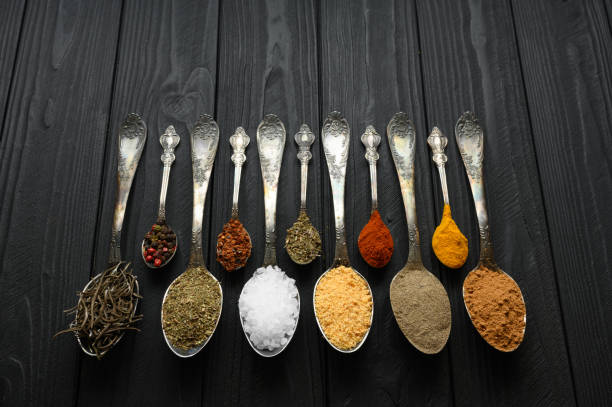

Top 5 Remedies for Insomnia
Insomnia is one of those frustrating conditions that many Canadians quietly struggle with. Whether you’re lying awake for hours or waking up frequently throughout the night, lack of sleep can affect everything—from mood and focus to overall health. And it's not just adults—more and more teenagers are experiencing sleep issues as well.
The good news? While insomnia is common, there are several natural remedies that may help promote better rest without jumping straight to pharmaceuticals. Here are five of the most talked-about solutions:
Drinking a calming herbal tea—like chamomile or peppermint—before bed is a natural and time-tested way to relax the body and prepare for sleep. These teas are gentle and free of side effects, making them a safe choice for many. For those who prefer a more targeted approach, cannabis-infused herbal teas may also offer calming benefits, especially when used as part of a soothing evening routine.
Many people find that combining these rituals with the right medical cannabis strain enhances their effects. Simple practices like using lavender-scented oils, dimming the lights, and listening to an audiobook can help signal to your body that it's time to wind down. When paired with an appropriate form of medical cannabis, such as an Indica-dominant strain (commonly known as “Kush” varieties), the relaxation effects may be even more pronounced.
Leading an active lifestyle also plays a key role. If your days are mostly sedentary, your body may not build up enough sleep pressure by nighttime. Regular physical activity—even a daily walk—can make a noticeable difference in how quickly you fall asleep.
A nutrient-rich diet is another important factor. Diets that are high in processed foods, sugar, or caffeine can interfere with sleep, while fruits and vegetables support the body’s natural rhythms. Certain foods, like nuts, leafy greens, and whole grains, can also help regulate serotonin and melatonin levels.
Kiwi, surprisingly, is one of the few fruits specifically studied for its sleep-promoting effects. Rich in antioxidants and serotonin, eating one or two kiwis an hour before bed has been shown in some studies to improve both sleep duration and quality. It’s a delicious, low-risk option worth trying.
Indicas are typically associated with relaxation and sleep support, thanks to their higher levels of THC. New studies have suggested that CBG may also help with sleep, and modern breeding programs have increased the availability of CBG-rich strains designed specifically for nighttime use. These two cannabinoids, THC and CBG, are among those that many patients report help with falling and staying asleep.
For those who prefer edibles, timing and dosage are key. Edibles usually take 1–2 hours to take effect, so plan accordingly. When it comes to cannabis dosing, every individual is different. For example, a seasoned medical cannabis patient might find that 25 mg of THC in an edible brings on a calm, drowsy feeling—while 50 mg might lead to deep sleep. However, higher doses can sometimes leave you feeling groggy the next day, especially if you're new to cannabis. That’s why the general guidance is to start low and go slow, especially when using cannabis for sleep support.
Working with a knowledgeable medical cannabis clinic in Toronto like GrowLegally ensures that you receive the right product, strain, and dosage for your individual needs—safely and legally.
You don’t have to accept sleepless nights as your new normal. Whether you’re trying natural foods, changing your routine, or exploring medical cannabis consultation in Ontario, there are paths forward.
Book your free consultation with GrowLegally and find out how our experienced team can support your journey to better rest and improved wellness.
Previous Post
Next Post

Storing Medical Cannabis – Learn how to properly store your cannabis and keep its potency strong.
Go To Post
Before Acquiring Medical Marijuana, Here Are 2 Questions That Your Doctor Is Likely To Ask You (Plus a Bonus One!)
Go To Post




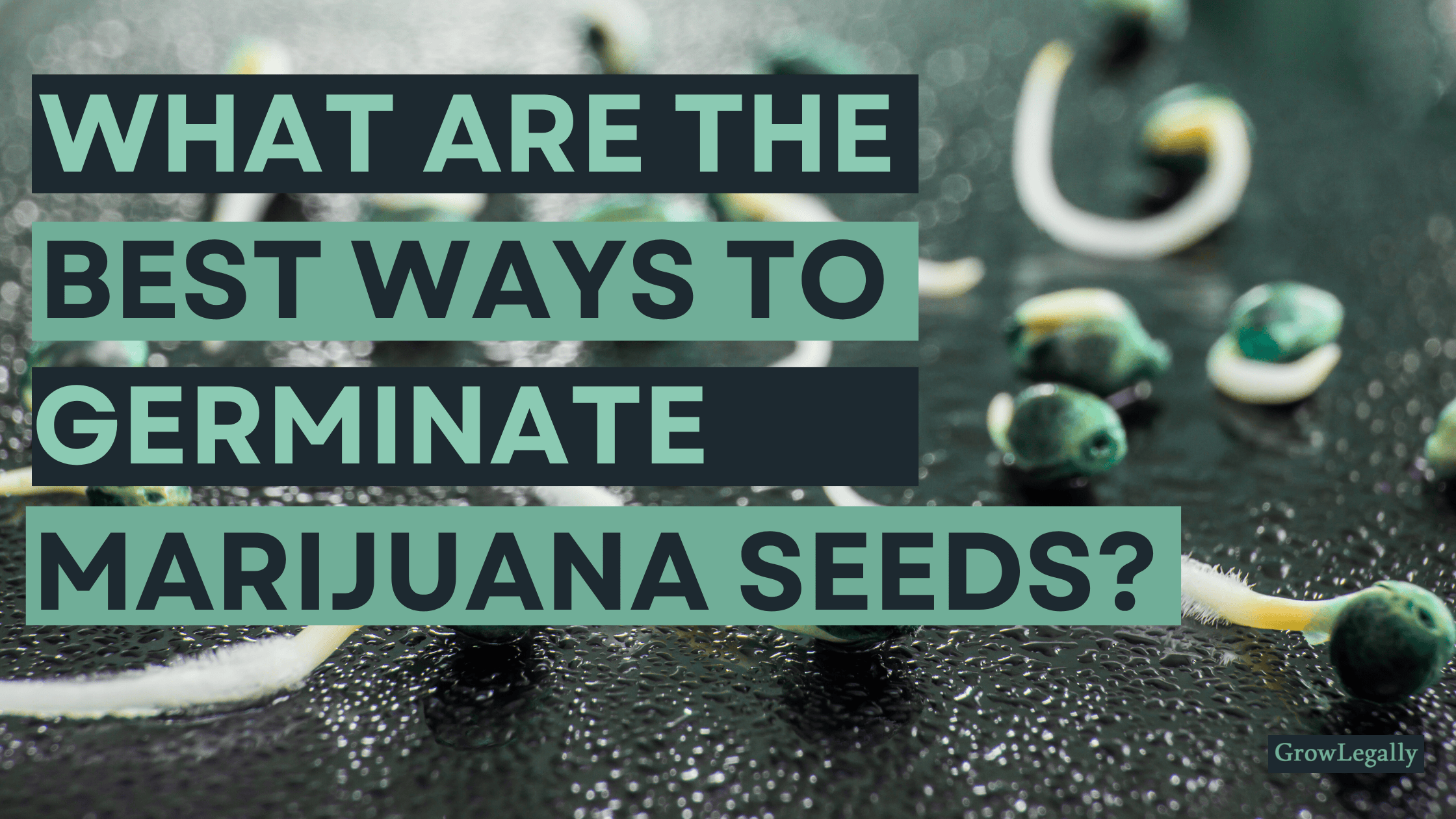
.png)
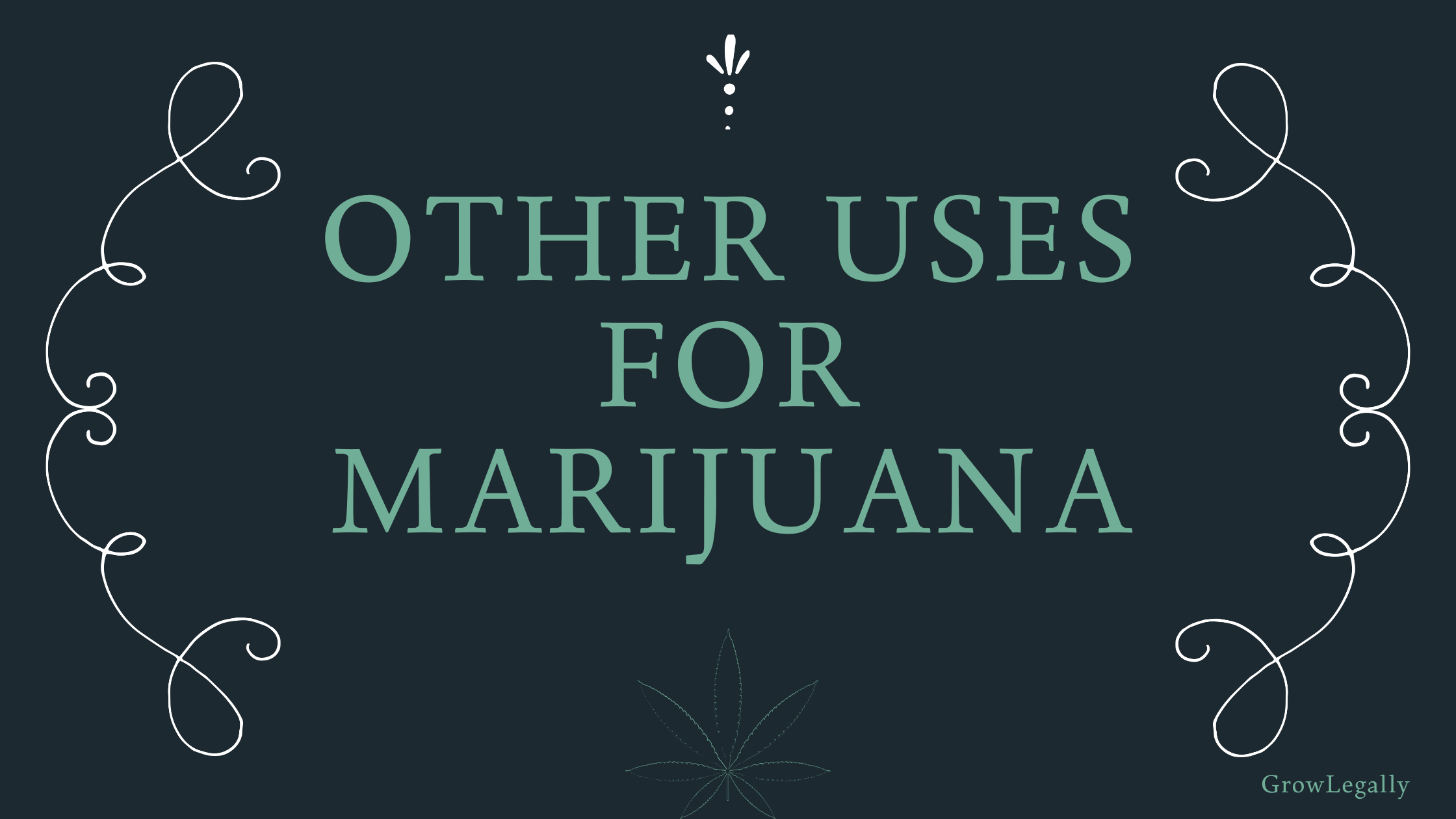


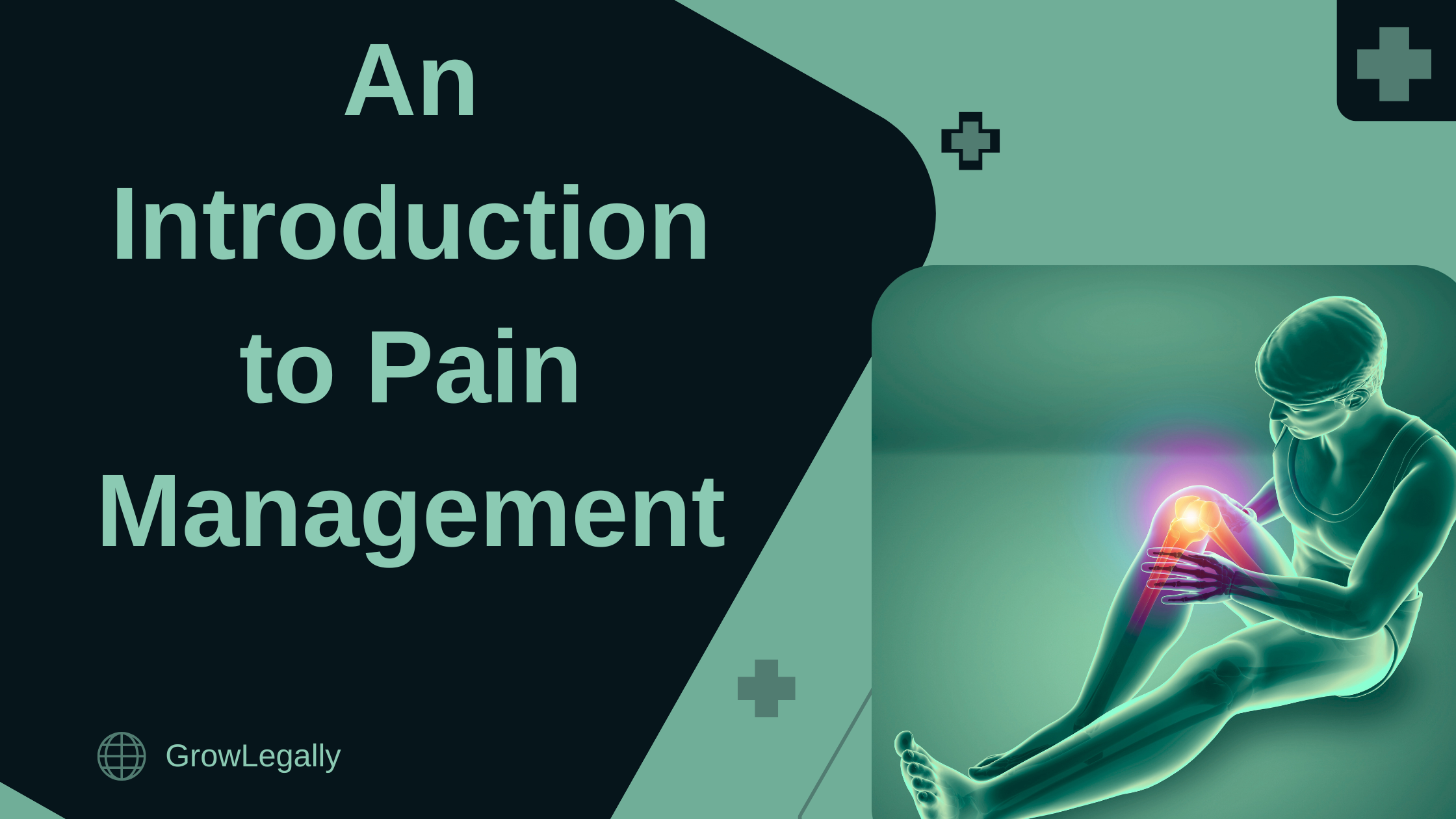

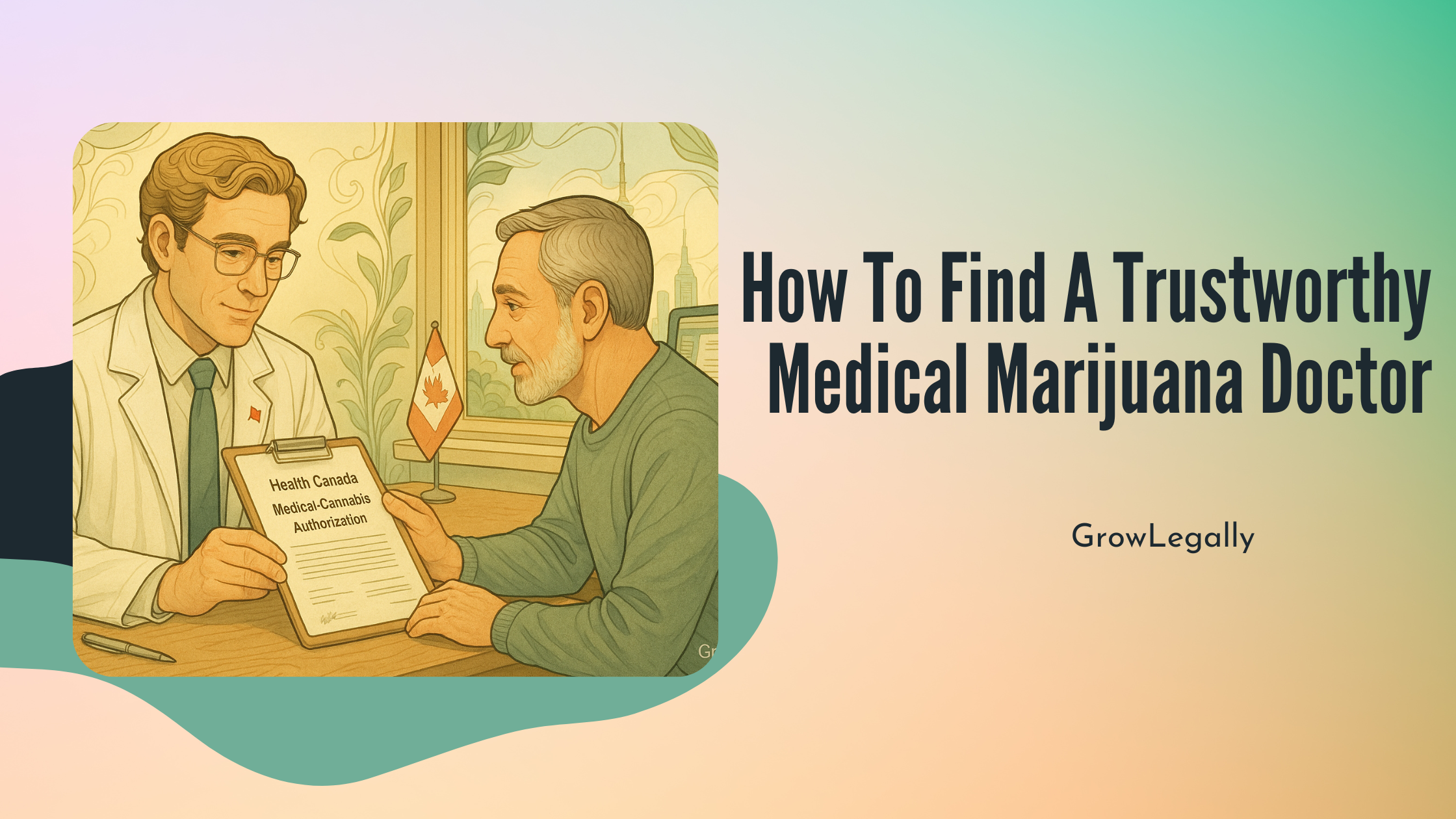

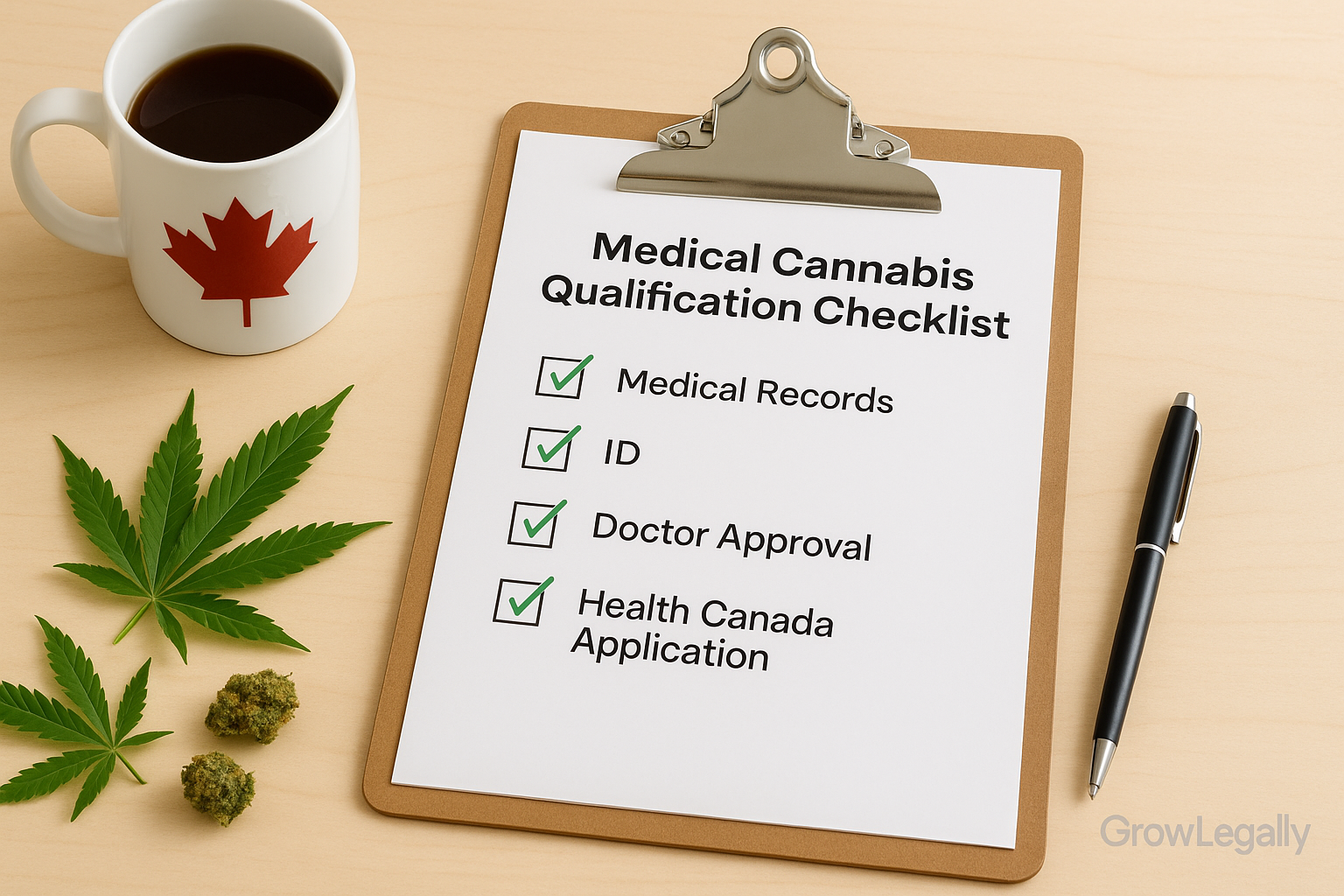
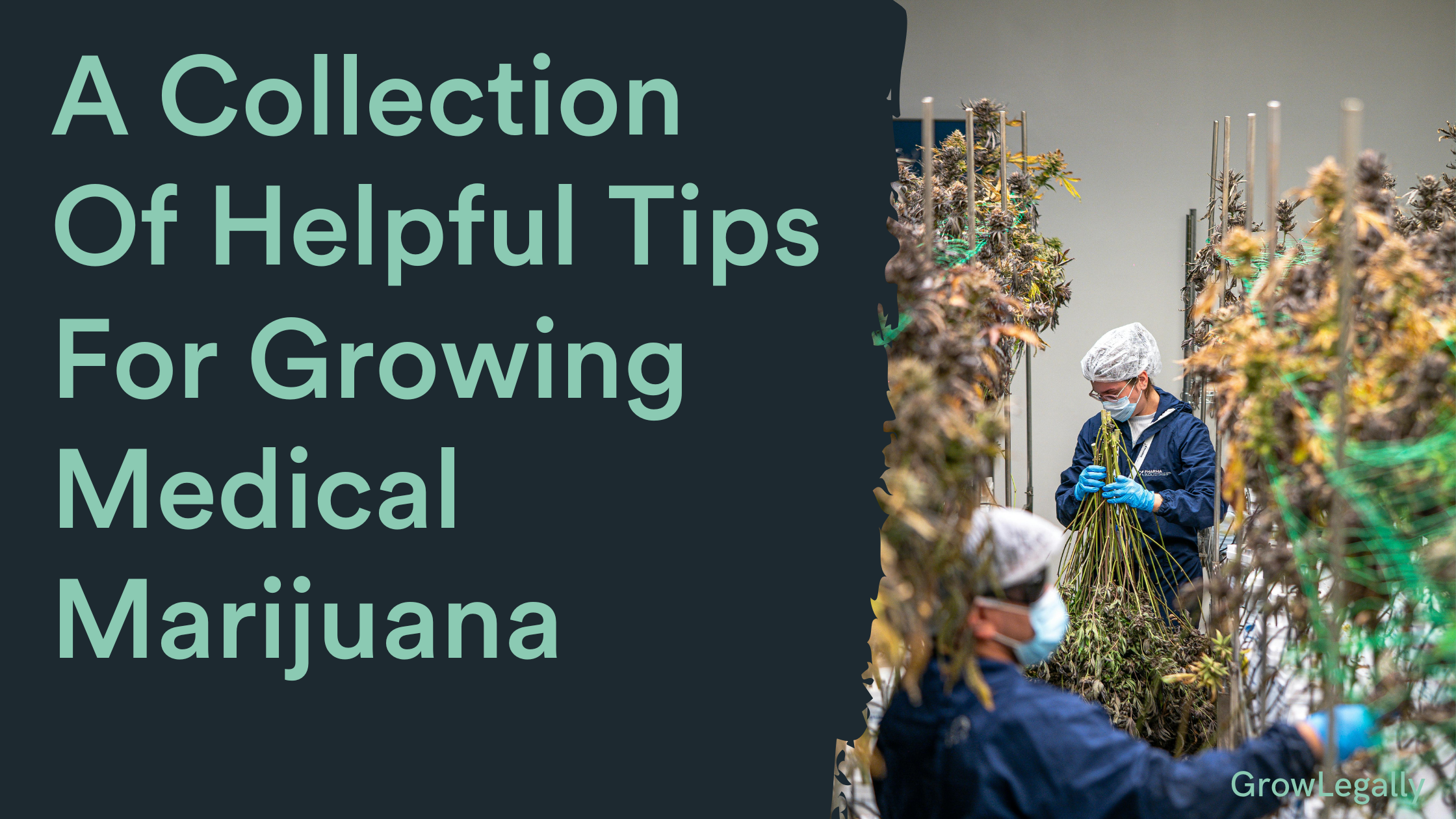

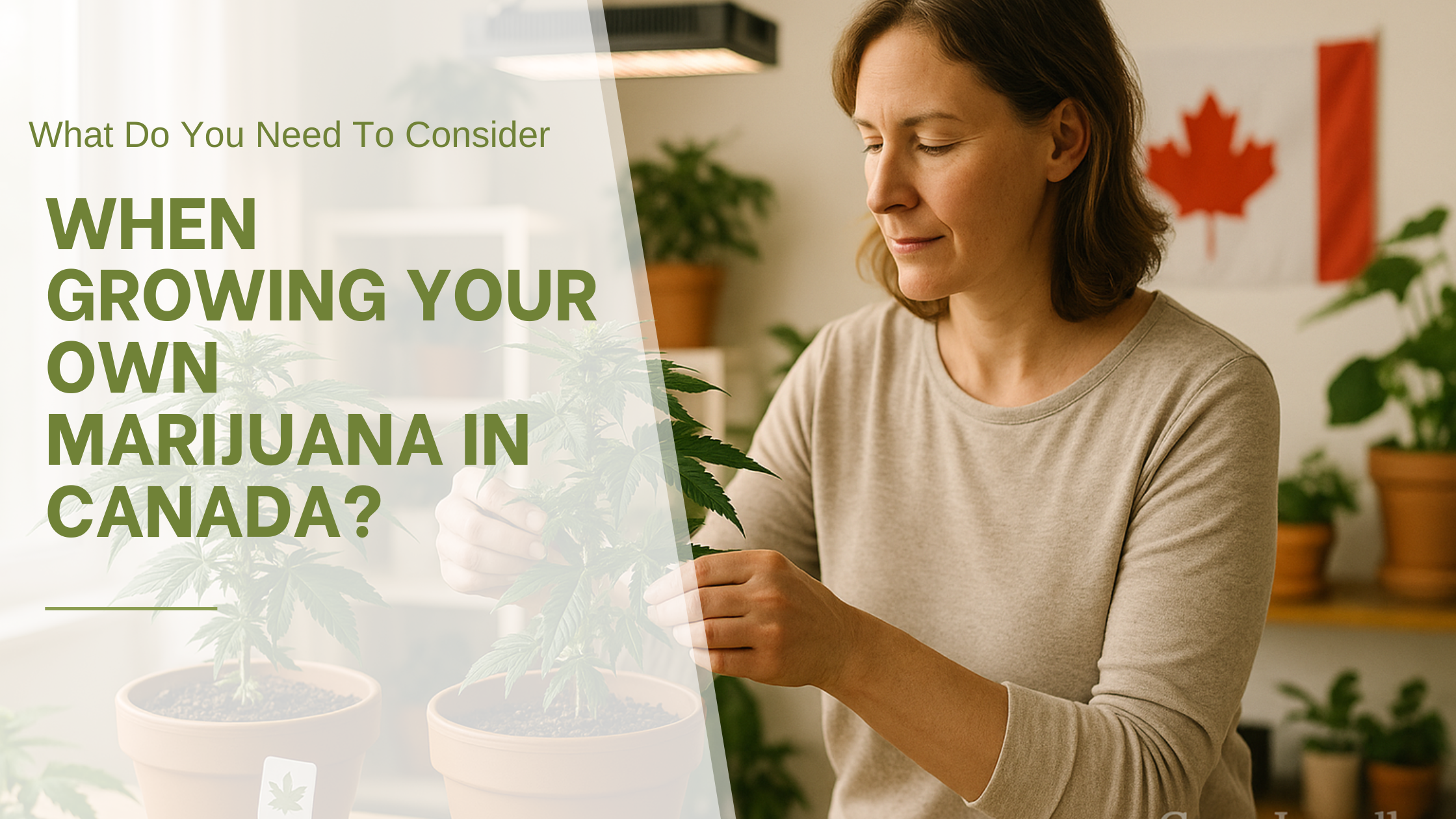


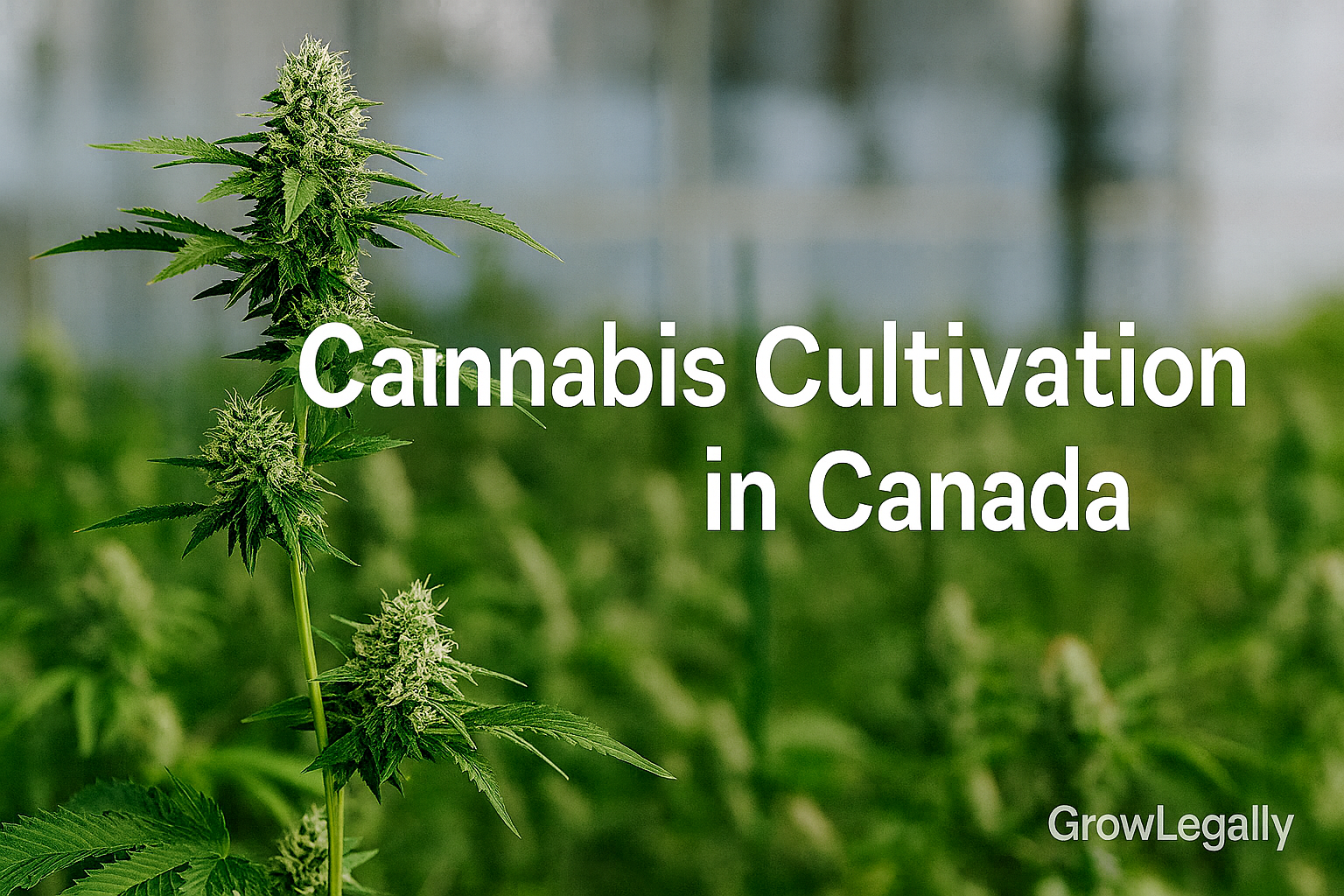






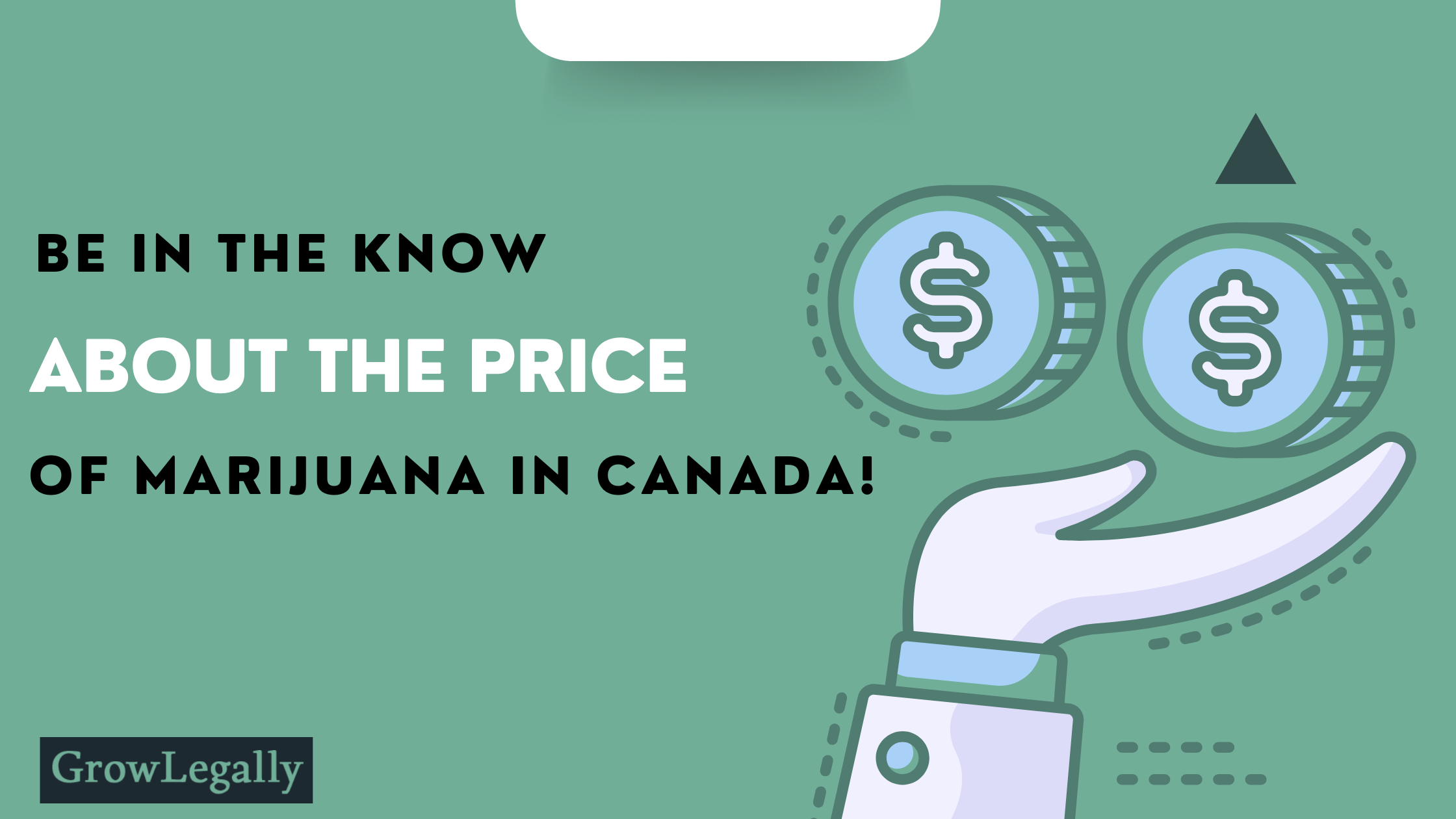





















.png)

















































.png)
















